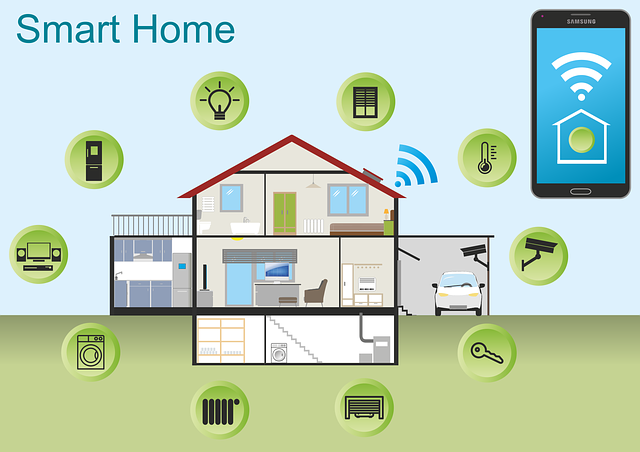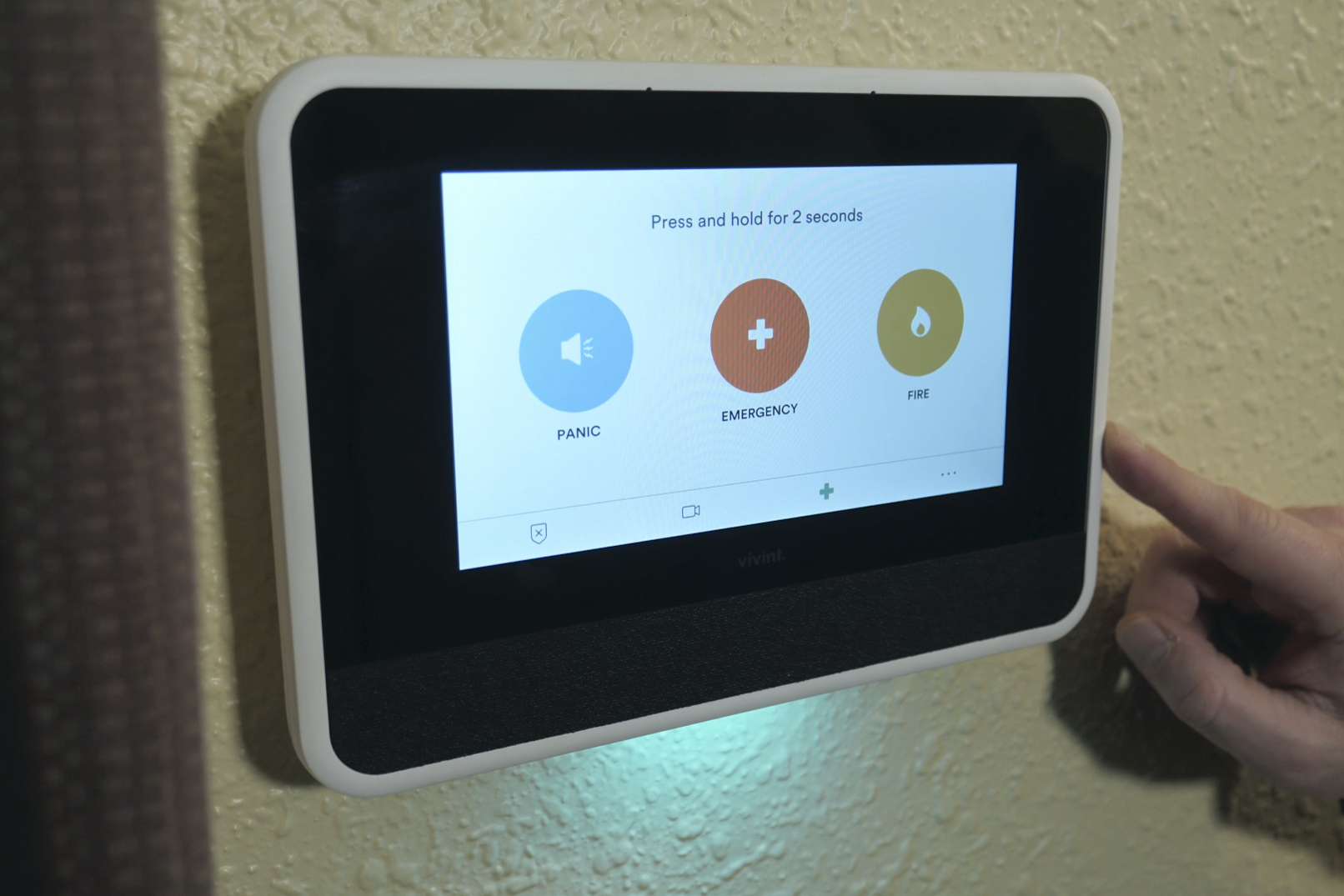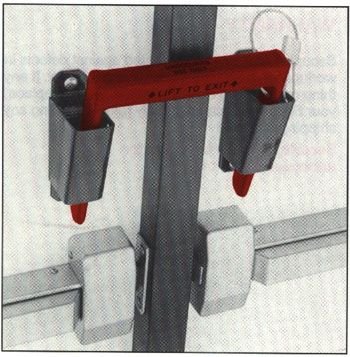
A home security system offers a number of benefits to homeowners, including protection from break-ins and theft. It also can help you save on homeowners insurance, according to the Insurance Information Institute. The video footage can be used to help the police investigate a break-in and you can make a claim on your insurance.
How to Pick a Good Security System for Your Home
It's vital to do some research before you buy a home security system. The more research you do, the better off you'll be.
Whether you're a homeowner or renter, the system you choose should be tailored to your unique needs. It should be easy-to-use and have all the features that you require.
Many home-security systems are compatible, allowing you to control them with voice commands. These include popular smart hubs Amazon Alexa and Google Home. You should always check if a home security system is compatible with other smart devices you already own. This will save you time and money.

Many security systems today rely on broadband, but not everyone has access to it. Some systems, such as SimpliSafe, rely on cellular technology.
This type of system can be expensive, especially in rural regions. This is why you need to look for a security system that comes with a reliable broadband service, and also a 24-hour monitoring program.
What to Look Out for in Reviews
It's important to choose a home security review site that you can trust. It must be a trusted source, well-known within the industry. It must also offer unbiased opinions that are not biased towards any specific brand or product.
These reviews should not be difficult to read or understand. Each part of the review should explain in detail what each reviewer thinks of a specific product. This will help you to understand what a certain system is worth and what it's not.
A simple, easy to understand score chart should compare the different features of each system. This chart can help you compare the features of a system to those of other systems and allow you make an informed purchase.

You should note that most of these reviews have been written by actual consumers who used the products being reviewed. Therefore, they have a far more realistic perspective than experts in home security.
The best reviews are able to provide answers to all your questions. They also give you useful information which can help you make a decision on a security system for your home.
High Security Homes
Consider a luxury home alarm system if you are looking for the best security solution. These systems will come with high-tech equipment and installation. They are sure to keep your loved ones safe.
FAQ
Who is the best company for home security monitoring?
ADT is the best home security company. ADT provides 24/7 monitoring services at an affordable rate. Their customer support team is available around the clock, and they will respond to any issues within minutes.
ADT also has an app for iOS and Android. So you can monitor your home at any time, from any location.
What is the best security system?
The best security system depends on the value you place on your home. An inexpensive alarm system that doesn't offer much protection can be chosen. You can go with a basic alarm system that provides limited protection, but you have the option to upgrade to one that has remote monitoring and video surveillance as well as access control.
How much should alarm monitoring cost?
The cost of alarm monitoring varies depending on the frequency you need it monitored, the equipment you require, and whether an all-inclusive or monthly package is chosen.
Statistics
- Depending on your insurance, 24/7 professional monitoring may qualify you for as much as 15% off your premium. (safewise.com)
- Cove sets you free without punishing penalties and fees, unlike other security solutions that charge 75% to 100% of your remaining contract. (safewise.com)
- That's probably why Cove has a whopping 98%* customer retention rate. (safewise.com)
- Most home security companies will charge you around 75% of the remaining term of your contract if you cancel early—and some require 100%.Related questionsWhat type of contract length can I expect from security providers?Home security system cancellation (safewise.com)
External Links
How To
How to Install a Home Security System
A home security system is a device that monitors your property and alerts you if there's any activity. It could be motion sensors, doorbell cameras, smoke detectors or burglar alarms. A home security alarm system often includes one or two sensors (e.g., motion detections), which send signals to the control panel when they detect movement. The signals are then sent out to a control board where they can monitored and recorded. The control panel will send an alert to your smartphone, tablet, computer or voice assistant if there is a problem, such as someone breaking into your home. You will immediately be notified and can take appropriate action.
Selecting the right sensors for your home is an important step in installing a home security alarm system. There are two types of sensors available: active and passive. Passive sensors do not require batteries. They simply pick up sounds and vibrations around them. These sensors include sirens, buzzers, and doorbells. Active sensors use electricity for data transmission. Cameras and motion sensors are two examples of active sensors.
There are many different brands of sensors available today. Each brand has its own pros and disadvantages. For instance, some sensors can be weatherproof while others don't. Some sensors have built-in speakers, so they can be heard even when you're not outside. Others only work inside. Some have simple features, while others provide advanced features like night vision.
After choosing the best sensor type for your property you can choose a manufacturer. This will help you ensure your sensors work well together. You should find plenty of choices at your local hardware shop.
Once you have selected a brand of sensor, you need to decide the number you wish to buy. Depending upon whether they live alone or in a group, most people begin with one or two sensors. If you have plans to purchase additional sensors in the future, it might be worth buying more than you currently need.
Next, determine where you want your sensors to be placed. Do you want them near windows and doors? Or do you prefer having them hidden away? Before you place them on your property, make sure that you have permission. They should not be in conflict with any electrical outlets.
Now that you know the exact location of your sensors you will need a connection to your control board. You may need a power adapter, or battery pack depending on the setup. Once everything is setup, you will be able to monitor your property.